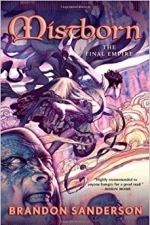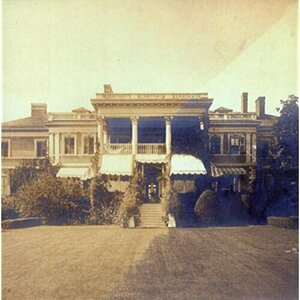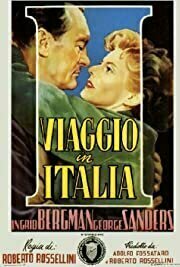
The Handbook of EEA Law: 2016
Book
This Handbook comprehensively addresses the breadth of law encompassed by the EEA Agreement, which...
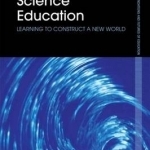
Science Education: Learning to Construct a New World
Book
Science education as currently undertaken in schools is generally too narrow in its...
Adam Green recommended Leave Home by John Davis in Music (curated)

Signs and Seasons: An Astrology Cookbook
Book
Discover how to eat for your sign and nourish your soul in Signs and Seasons, the one-of-a-kind...

Healing Foods
Book
Over 2 000 years ago Hippocrates wrote: "Let your food be your medicine and your medicine be your...
Richard Hell recommended Journey to Italy (1954) in Movies (curated)

MyScript Calculator - Handwriting calculator
Productivity and Education
App
** Featured by Apple as "Essentials" ** ** Tabby Awards 2015 - Personal productivity application...

Extraterrestrial Sands
Book
Quartz sand is anywhere and everywhere imaginable on the surface of the Earth. It forms the vast...
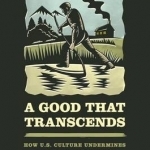
Good That Transcends: How Us Culture Undermines Environmental Reform
Book
Since the birth of the modern environmental movement in the 1970s, the United States has witnessed...
